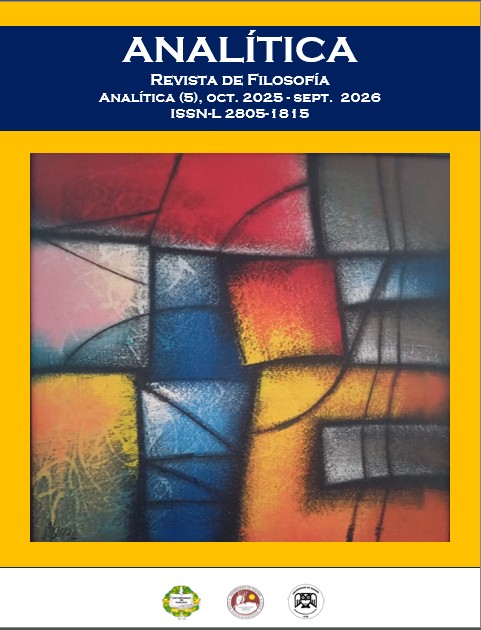

Direitos de Autor (c) 2025 Analítica

Este trabalho encontra-se publicado com a Licença Internacional Creative Commons Atribuição-NãoComercial-CompartilhaIgual 4.0.
This study investigates the role of Buddhist mindfulness techniques as foundational values in the emerging field of philosophical counselling. Bridging Eastern contemplative traditions and Western philosophical practice, the paper argues that mindfulness understood not merely as meditation but as active, value-oriented awareness; can significantly contribute to the goals of philosophical counselling. Both traditions prioritize self-awareness, ethical reflection, and the alleviation of suffering through insight rather than clinical diagnosis. Drawing on the Buddhist concept of the “Second Arrow,” the paper illustrates how mindfulness can help individuals differentiate between inevitable pain and the optional suffering caused by reactive thought patterns.
The research further explores how mindfulness, grounded in the Pali concept of sati, encompasses memory, attentiveness, and ethical clarity, making it a potent tool for value-based dialogue and emotional clarity and resilience. By situating mindfulness within the framework of non-clinical, philosophical dialogue, the study challenges conventional therapeutic models and highlights a humanistic, integrative approach to counselling. This paper proposes that the synthesis of Buddhist mindfulness and philosophical counselling not only enhances individual well-being but also contributes to a broader discourse on wisdom, agency, and ethical living in contemporary society.